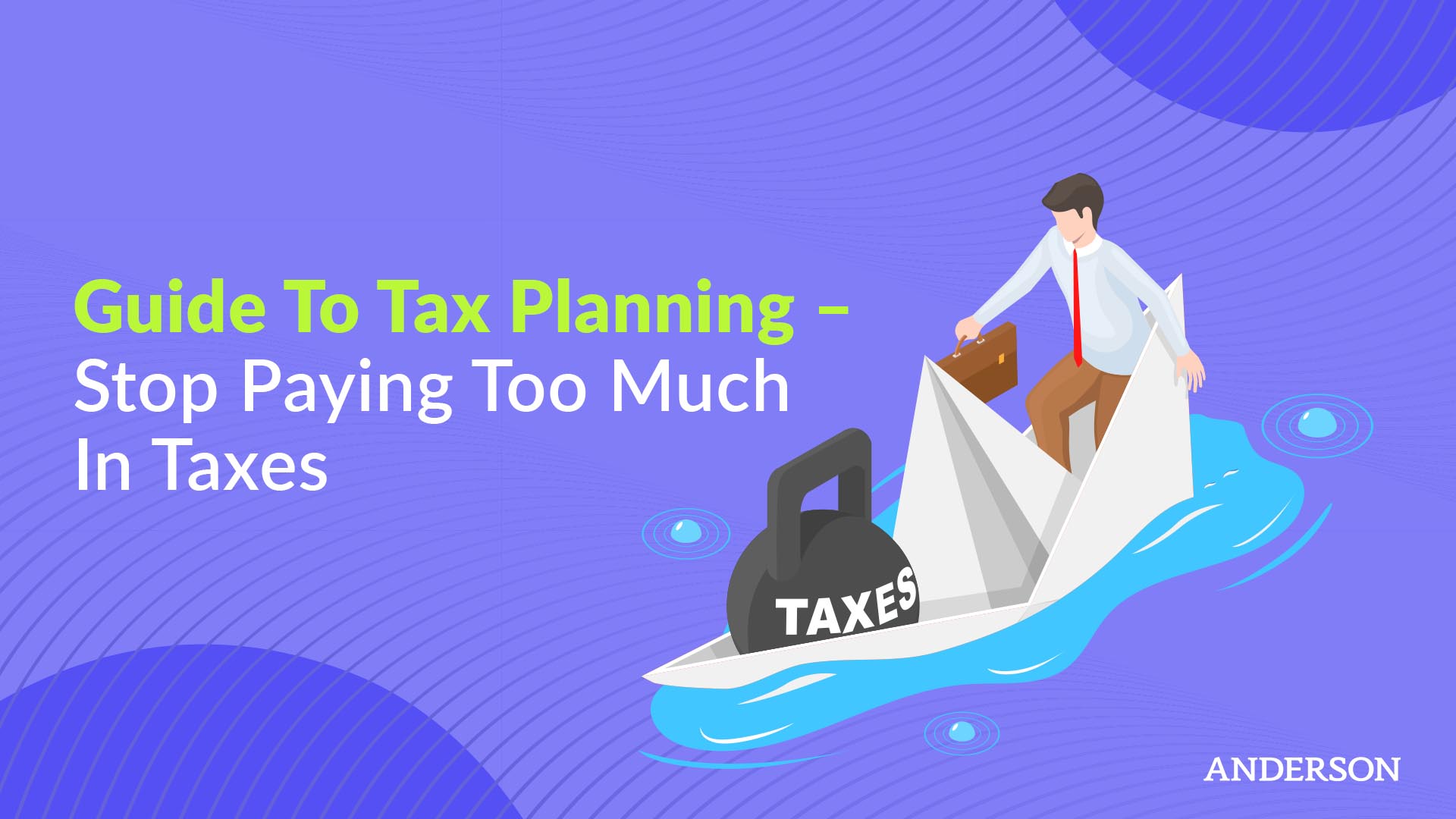All Categories
Featured
Table of Contents
Mobile homes are thought about to be personal effects for the objectives of this area unless the owner has de-titled the mobile home according to Area 56-19-510. (d) The building need to be marketed available at public auction. The ad needs to be in a paper of basic blood circulation within the area or district, if applicable, and should be entitled "Delinquent Tax obligation Sale".
The advertising has to be published when a week prior to the lawful sales date for three consecutive weeks for the sale of real home, and 2 successive weeks for the sale of personal effects. All costs of the levy, seizure, and sale should be included and gathered as extra expenses, and have to consist of, however not be restricted to, the expenditures of taking ownership of genuine or personal home, advertising, storage space, recognizing the boundaries of the home, and mailing licensed notices.
In those situations, the officer might dividing the property and furnish a lawful description of it. (e) As an alternative, upon approval by the county governing body, a region may use the procedures given in Chapter 56, Title 12 and Area 12-4-580 as the preliminary action in the collection of delinquent taxes on actual and personal effects.
Effect of Modification 2015 Act No. 87, Area 55, in (c), replaced "has actually de-titled the mobile home according to Area 56-19-510" for "offers written notice to the auditor of the mobile home's annexation to the come down on which it is located"; and in (e), placed "and Section 12-4-580" - financial freedom. AREA 12-51-50
What Are The Best Training Courses Training Platforms?

The waived land payment is not needed to bid on building understood or fairly presumed to be contaminated. If the contamination comes to be understood after the proposal or while the commission holds the title, the title is voidable at the political election of the payment. HISTORY: 1995 Act No. 90, Area 3; 1996 Act No.
Settlement by successful bidder; invoice; disposition of profits. The effective prospective buyer at the delinquent tax obligation sale shall pay legal tender as given in Section 12-51-50 to the individual officially billed with the collection of overdue tax obligations in the full quantity of the proposal on the day of the sale. Upon settlement, the individual officially charged with the collection of delinquent tax obligations will furnish the buyer an invoice for the purchase money.

Costs of the sale must be paid first and the equilibrium of all delinquent tax sale monies gathered need to be transformed over to the treasurer. Upon invoice of the funds, the treasurer shall note immediately the general public tax documents concerning the residential or commercial property sold as follows: Paid by tax obligation sale hung on (insert date).
What Is The Most Popular Course For Wealth Strategy Investing?
166, Section 7; 2012 Act No. 186, Area 4, eff June 7, 2012. AREA 12-51-80. Settlement by treasurer. The treasurer will make complete settlement of tax obligation sale cash, within forty-five days after the sale, to the particular political neighborhoods for which the taxes were levied. Earnings of the sales in excess thereof need to be maintained by the treasurer as or else provided by regulation.
166, Section 8; 2015 Act No. 87 (S. 379), Area 57, eff June 11, 2015. (A) The defaulting taxpayer, any kind of beneficiary from the proprietor, or any type of home mortgage or judgment creditor might within twelve months from the day of the delinquent tax obligation sale retrieve each product of genuine estate by paying to the person officially billed with the collection of overdue tax obligations, analyses, charges, and costs, together with interest as supplied in subsection (B) of this area.
Who Has The Most Comprehensive Claim Management Training Program?
2020 Act No. 174, Sections 3. B., offer as complies with: "AREA 3. A. investor tools. Notwithstanding any type of various other stipulation of law, if genuine building was sold at a delinquent tax sale in 2019 and the twelve-month redemption duration has not run out as of the effective date of this area, after that the redemption duration for the real residential property is expanded for twelve extra months.
For functions of this chapter, "mobile or manufactured home" is defined in Section 12-43-230( b) or Section 40-29-20( 9 ), as suitable. HISTORY: 1988 Act No. 647, Area 1; 1994 Act No. 506, Area 13. AREA 12-51-96. Conditions of redemption. In order for the proprietor of or lienholder on the "mobile home" or "manufactured home" to redeem his building as permitted in Area 12-51-95, the mobile or manufactured home based on redemption need to not be removed from its location at the time of the overdue tax sale for a period of twelve months from the date of the sale unless the proprietor is required to move it by the individual various other than himself who has the land upon which the mobile or manufactured home is located.
If the owner relocates the mobile or manufactured home in violation of this area, he is guilty of a violation and, upon sentence, need to be punished by a penalty not exceeding one thousand bucks or imprisonment not exceeding one year, or both (tax lien) (investing strategies). In addition to the various other needs and repayments necessary for an owner of a mobile or manufactured home to retrieve his home after an overdue tax sale, the skipping taxpayer or lienholder likewise have to pay rental fee to the buyer at the time of redemption a quantity not to go beyond one-twelfth of the taxes for the last finished residential property tax obligation year, exclusive of penalties, expenses, and interest, for each and every month in between the sale and redemption
For objectives of this rent computation, more than half of the days in any type of month counts overall month. HISTORY: 1988 Act No. 647, Section 3; 1994 Act No. 506, Section 14. SECTION 12-51-100. Cancellation of sale upon redemption; notice to purchaser; reimbursement of acquisition rate. Upon the property being redeemed, the individual officially charged with the collection of delinquent tax obligations shall terminate the sale in the tax obligation sale book and note thereon the amount paid, by whom and when.
Who Has The Most Popular Training For Real Estate Claims Claims?
HISTORY: 1962 Code Area 65-2815.9; 1971 (57) 499; 1985 Act No. 166, Section 10; 1998 Act No. 285, Section 3. AREA 12-51-110. Personal effects will not undergo redemption; purchaser's costs of sale and right of possession. For personal effects, there is no redemption period succeeding to the time that the residential or commercial property is struck off to the effective purchaser at the delinquent tax sale.
HISTORY: 1962 Code Section 65-2815.10; 1971 (57) 499; 1985 Act No. 166, Area 11. AREA 12-51-120. Notification of coming close to end of redemption period. Neither greater than forty-five days nor much less than twenty days before the end of the redemption duration for genuine estate offered for taxes, the person formally billed with the collection of overdue taxes will mail a notice by "licensed mail, return receipt requested-restricted distribution" as provided in Area 12-51-40( b) to the skipping taxpayer and to a grantee, mortgagee, or lessee of the building of record in the appropriate public documents of the county.
Latest Posts
Delinquent Tax Sale
Tax Lien Investing Expert
Tax Lien Certificates List